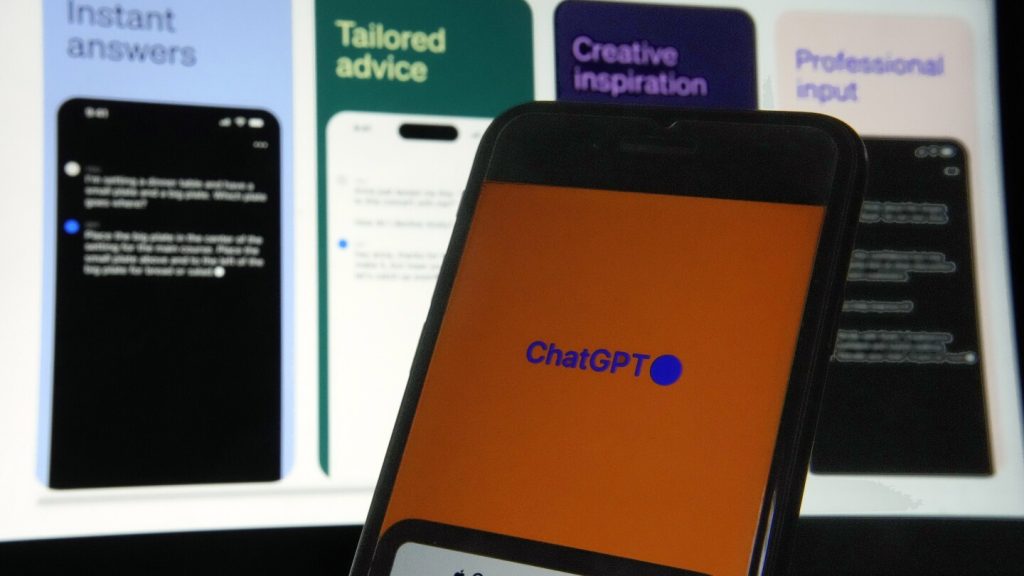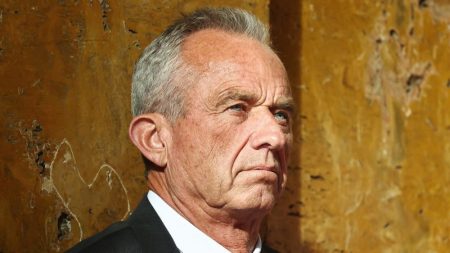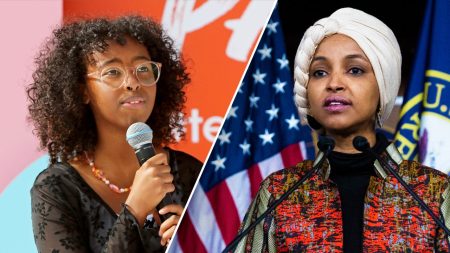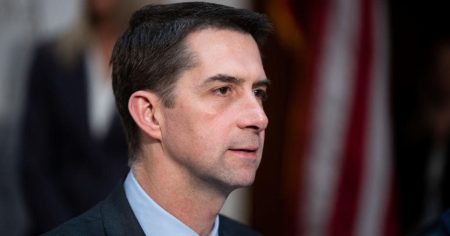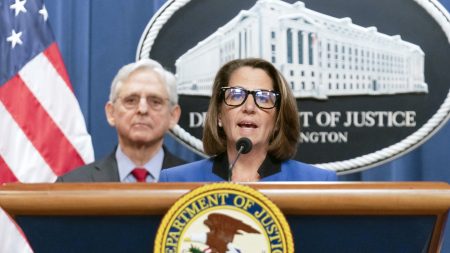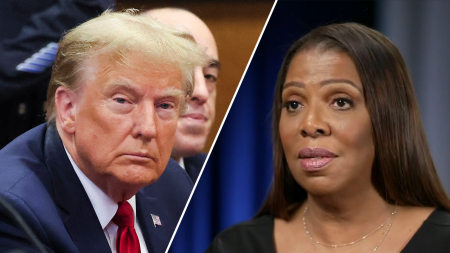Artificial intelligence (AI) is increasingly being used to make decisions in various aspects of life, including job interviews, apartment rentals, and medical care. However, concerns have been raised about bias in AI decision-making, leading to the introduction of legislative proposals in several states. Lawmakers in states such as Colorado, Connecticut, and Texas are working on bills to address AI discrimination, but they are facing resistance from various parties, including civil rights groups and the industry. Despite the challenges, bipartisan lawmakers across different states are emphasizing the importance of collaboration and compromise to address the issue of AI bias.
While there are over 400 AI-related bills being debated in statehouses nationwide, the focus of the major proposals put forward by lawmakers is on addressing AI discrimination through a broad oversight framework. These proposals aim to ensure that companies using AI systems are required to perform impact assessments to analyze the risks of discrimination. Currently, up to 83% of employers use algorithms for hiring purposes, leading to concerns about bias in AI systems. Experts emphasize the need for explicit measures to mitigate bias in AI algorithms, highlighting the importance of accountability and transparency in decision-making processes.
One of the key components of the proposed legislation is the requirement for companies to disclose information about their AI systems, including how they make decisions, the data collected, and an analysis of discrimination risks. While this increased transparency is seen as a way to ensure public safety, companies are concerned about potential lawsuits and the disclosure of trade secrets. Additionally, there are concerns about the reliance on self-reporting by companies, as it may limit the government’s ability to catch AI discrimination before harm is done. Labor unions and academics worry that companies’ self-reporting may not be sufficient to protect workers and consumers.
Another contentious issue in the proposed bills is the limitation on who can file a lawsuit under the legislation, with some bills restricting lawsuits to state attorney generals and other public attorneys. This limitation has raised concerns among advocacy groups and citizens, who argue that citizens should also have the right to sue in cases of AI discrimination. The removal of a provision allowing citizens to sue in California’s bill was supported by some companies, but critics argue that citizen lawsuits are essential for holding companies accountable and protecting individual rights. There is ongoing debate about the role of citizens in enforcing AI regulations and ensuring accountability in decision-making processes.
Despite the pushback from industry groups and concerns about the impact of the proposed legislation, lawmakers are determined to address AI bias and ensure the safe and trustworthy use of AI technology. Collaboration between lawmakers, industry representatives, academia, and civil society is seen as essential in developing regulations that promote fairness and transparency in AI decision-making. While challenges remain in striking a balance between innovation and accountability, lawmakers are committed to finding solutions that uphold civil rights and prevent discrimination in AI systems. The debate over AI legislation highlights the complexity of regulating emerging technologies and the importance of addressing bias in decision-making processes.









